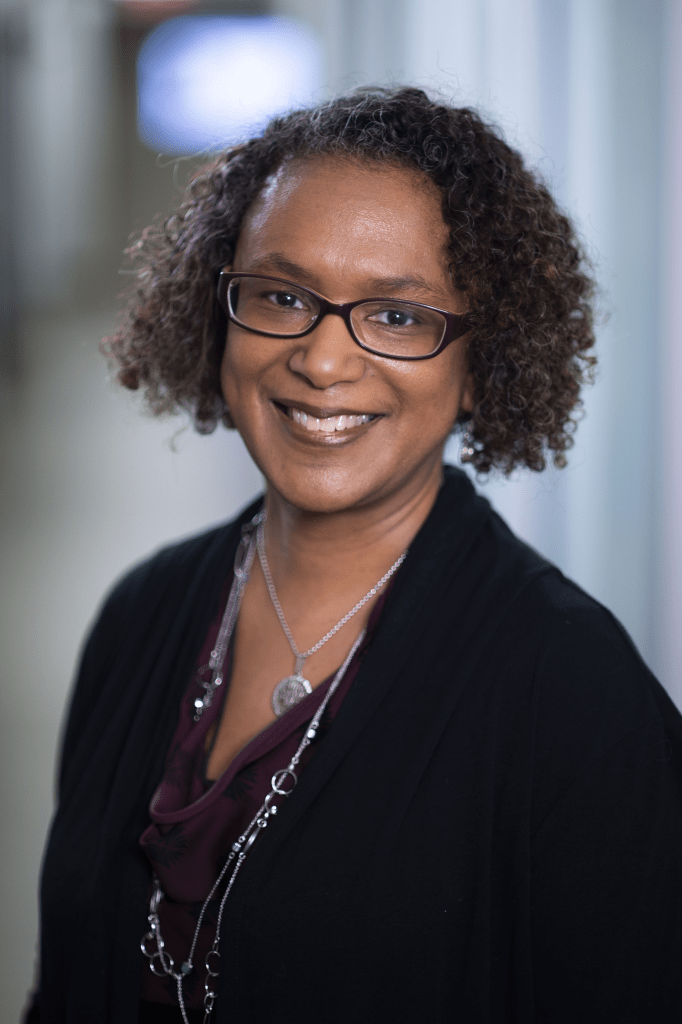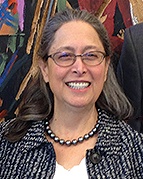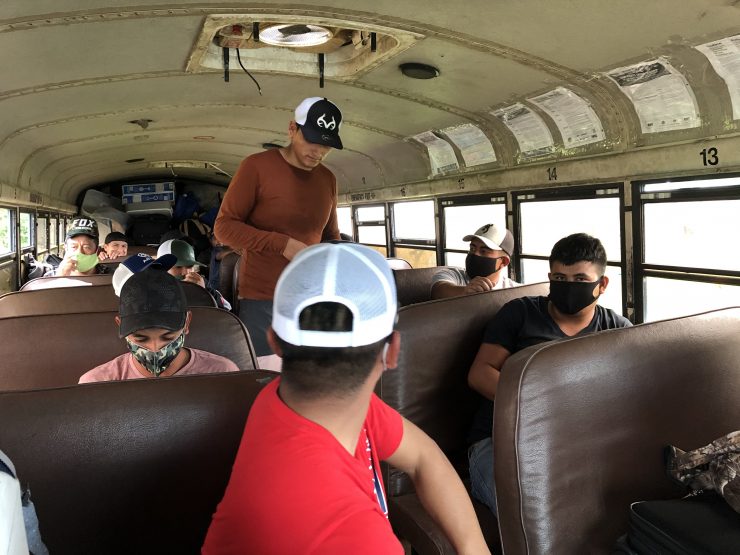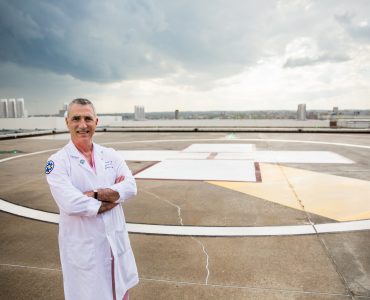Devon C. Payne-Sturges, DrPH, MPH, associate professor of applied environmental health at the University of Maryland School of Public Health, was already acutely aware of the many ways agricultural workers are vulnerable to unfair labor practices when the coronavirus pandemic brought this perennial problem into stark relief. While the number of COVID-19 cases among agricultural workers can be difficult to report, one metric from Purdue University places the number of confirmed cases at 537,000 and rising, with about 3,000 of those in Maryland.

Payne-Sturges, who serves as a board member of the Maryland Pesticide Education Network, wanted to research the impact of COVID-19 on these disadvantaged workers but realized she needed an interdisciplinary approach.
“I recognized how important it was to have a labor law perspective, so I searched the faculty list at the University of Maryland Francis King Carey School of Law and did the email equivalent of a cold call,” Payne-Sturges says.
Her search brought her to Marley S. Weiss, JD, professor of law at UM Carey School of Law. Weiss describes their subsequent meeting via Zoom as “kismet.”
“This made it possible for me to pursue something I have research interest and background in, but I would not have felt capable of addressing on law alone without a collaborator who is knowledgeable about public health,” Weiss says.
Facing Unique Vulnerabilities
Agricultural workers face unique vulnerabilities. Some live in the United States permanently, either legally or undocumented. Others come into the country on an H-2A visa. Many don’t speak English or even Spanish; they speak indigenous dialects. H-2A visas are tied to a single employer, so if a worker doesn’t work because he is sick, for example, he risks losing not only the job but also being deported. Fearing loss of income and employment, workers often eschewed COVID-19 testing or staying home when symptomatic. Workers live in employer-supplied housing, which is often subpar with inadequate ventilation and physical distancing capacity.
Payne-Sturges explains that the exploitation of agricultural workers is a throwback to the New Deal era when these workers were excluded from labor protections to appease Southern “Dixiecrats.” “The vulnerability is very much by design,” she says.
“Farm workers are a disadvantaged class in most American labor and employment law; there are a lot of statutes that, for historical reasons, have excluded [them],” Weiss says. “The fact that they are migrant and seasonal, for the most part, creates a further set of disadvantages and, on top of that, the H-2A workers are under a separate set of legal rules and face a further set of disadvantages.”

Weiss and Payne-Sturges filed a proposal in December at the National Institutes of Health to apply an interdisciplinary, systems science approach to researching COVID-19 and the systemic exploitation of agricultural laborers. The proposal taps organizations that interact directly with workers as well as stakeholders at the farming and policymaking level.
Before the pandemic, exploitation could take place under the radar, but the infectiousness of COVID-19 makes workers’ health everyone’s concern.
“The methodology we are applying will provide information not only in the COVID situation but any infectious disease that can, and frankly will, arise in the future,” Payne-Sturges says. “We’ve been here before when there was fear about bird flu, for example. The insights we will gain will be relevant to any infectious disease.”
Ultimately, the pair hope their research will result in new best practices and actionable proposals for labor law and public health initiatives that protect all.




